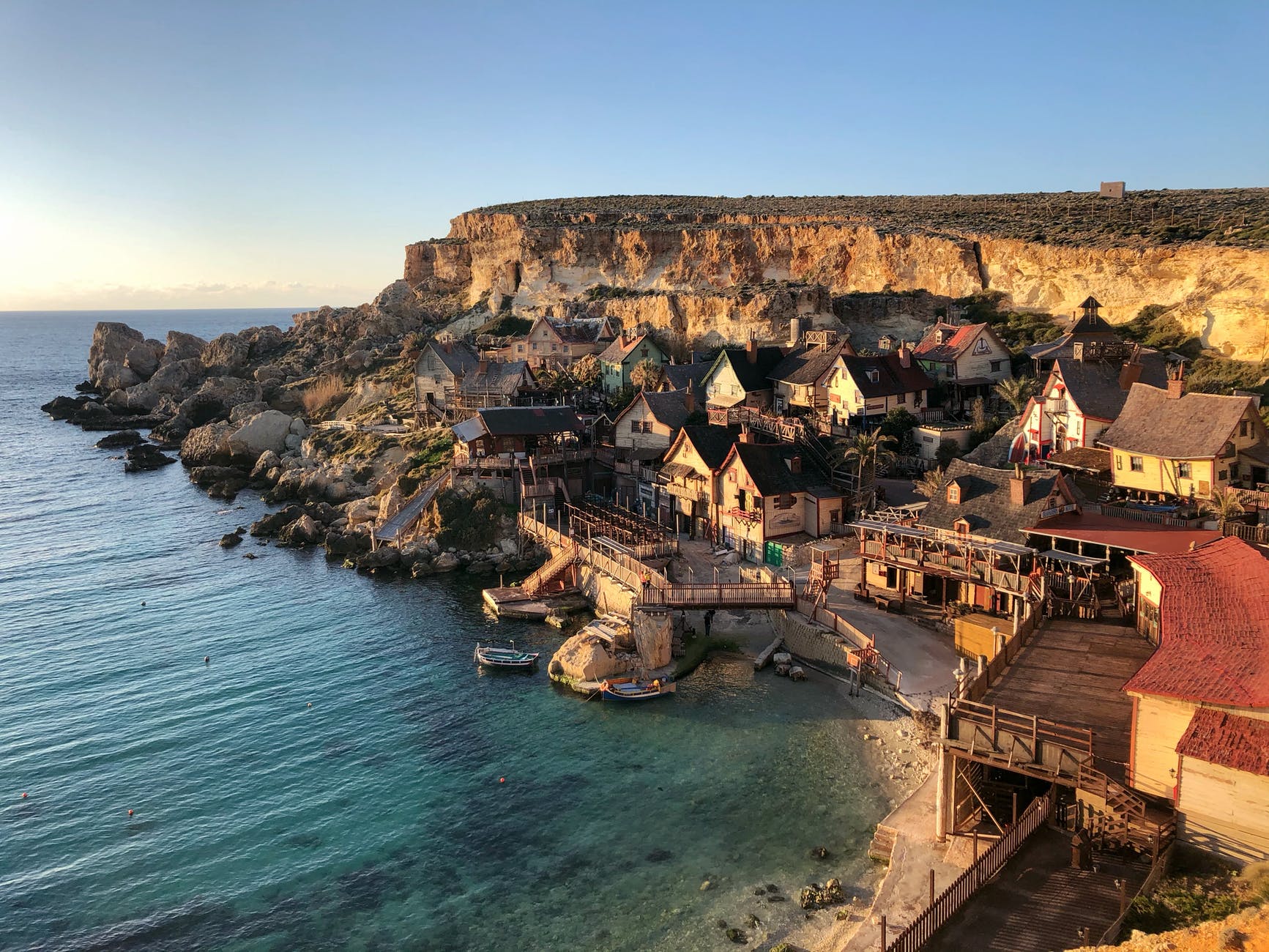Blog
FATF votes to greylist Malta. Global anti-financial crime watchdog advises enhanced monitoring for Malta
Jul 05, 2021Members of FATF, main global anti-money laundering watchdog in a modern world, have voted to add Republic of Malta to its “grey list”, which could cause devastating effect to country’s economy.
The Financial Action Task Force (FATF) plenary on Wednesday, June 23rd, afternoon came up with a decision and although no official announcement about their decision has been done yet, information coming from Malta’s high-ranked governmental sources, states that Malta did not gather enough support from members of FATF to avoid being added to the “grey list”.
The decision of adding Malta into “grey list” must be formally approved by the FATF’s broader membership, however, generally, that confirmation is considered to be a rubber-stamping process.
It is pretty clear, that the United States did not pick Malta’s side during session on 23rd of June.
After approval of the vote results, Malta will be the first member of European Union to be “greylisted”.
Malta’s opposition leader Bernard Grech described the decision as a "punishment for the entire nation" and urged the government to set up a unity task force to limit the greylisting damage.
The FATF “grey list” includes 19 other countries ranging from Albania to Zimbabwe. It includes strife-torn countries such as Syria, Yemen and Myanmar as well as tax havens such as Panama and the Cayman Islands.
Due to results of various studies, after ending up on the “grey list” major repercussions to the country’s economy take place, including banking, ease of doing business and as a result – Republic of Malta’s attractiveness to foreign investors. Vote held on Wednesday, June 23rd, was held among 37 jurisdiction and two regional organizations – the EU Commission and the Gulf Co-operation Council – that are recognized as members of the Financial Action Task Force.
The vote was held on a draft resolution, drawn up by expert evaluators, that was discussed in another secret meeting held on June 15, 2021. Malta did not have a say during either of the sittings, though it is understood that the country lobbied members to speak on its behalf.
"Consensus among members" was required to overrule any of the experts’ draft conclusions.
The FATF is an extremely secretive body and is not expected to make an official announcement about its plenary session, although a press briefing has been scheduled for this Friday. It is not clear if an official position on Malta will be announced until its final assessment document is published at some point between August and September.
When contacted earlier this week, a spokesman for the FATF would not even confirm that Malta is being reviewed by the global watchdog, saying the process is entirely confidential.
Now decision to add Malta to “grey list” will be reviewed by various associate member of FATF, which will decide whether to confirm that decision or not.
In case if the do confirm it, Republic of Malta will be obliged to sign a commitment to address shortcoming, in a tailor-made action plan drawn up by the Financial Action Task Force experts that will be subjected to what the body calls “enhanced monitoring”.
After all of listed shortcoming will be addressed, Malta will be taken off from FATF’s list of untrustworthy jurisdictions.
Every year, the FATF holds three plenary meetings. The inter-governmental body is tasked with rooting out money laundering by plugging loopholes in the international financial system.
The FATF identifies “jurisdictions with weak measures” through two public documents issued at the end of every week-long plenary.
The worst designation, known as the blacklist, includes countries or jurisdictions with such serious deficiencies that the FATF calls on the international financial system to apply “strict counter-measures”.
In other words, the FATF encourages the global community not to do business with blacklisted countries or to only do so under heightened scrutiny.
Only North Korea and Iran are currently on the blacklist.
The second public document issued by the FATF is called “Improving Global Anti Money Laundering Compliance: On-going process”. This is what is informally known as the greylist.
The list includes countries that have “strategic weaknesses” in their regime to counter money laundering and terror financing, but that have committed to fixing them.
Malta was deemed to have made insufficient progress in bolstering its framework to battle financial crime despite a broadly positive final assessment by the Council of Europe's Moneyval experts earlier this year.
This decision seems to affect Malta’s economy in possibly the worst ways and cannot be assessed as “positive” in any sense. Our editorial will keep an eye out on this unpleasant process and will be hoping for the fastest and the most expedient way possible.


